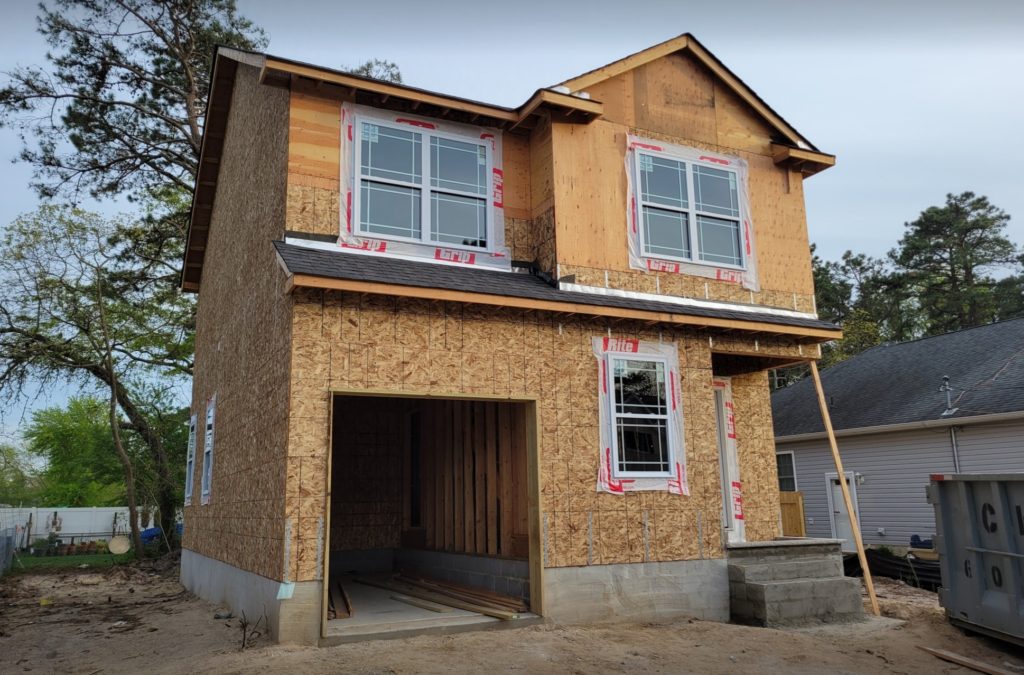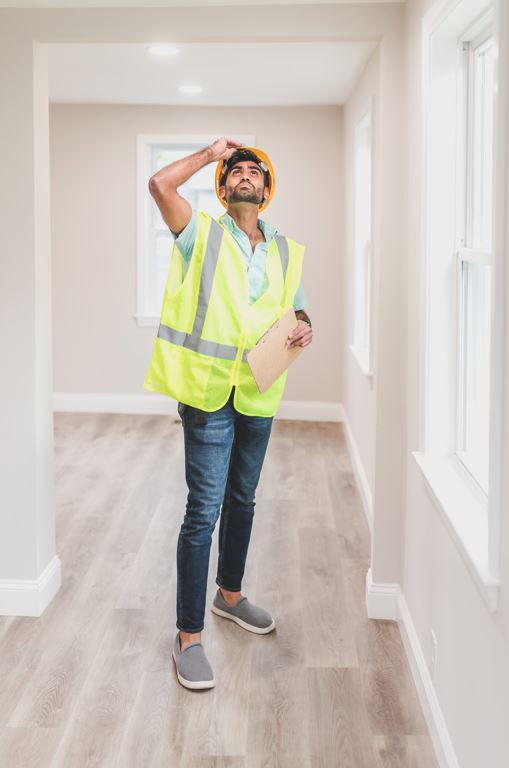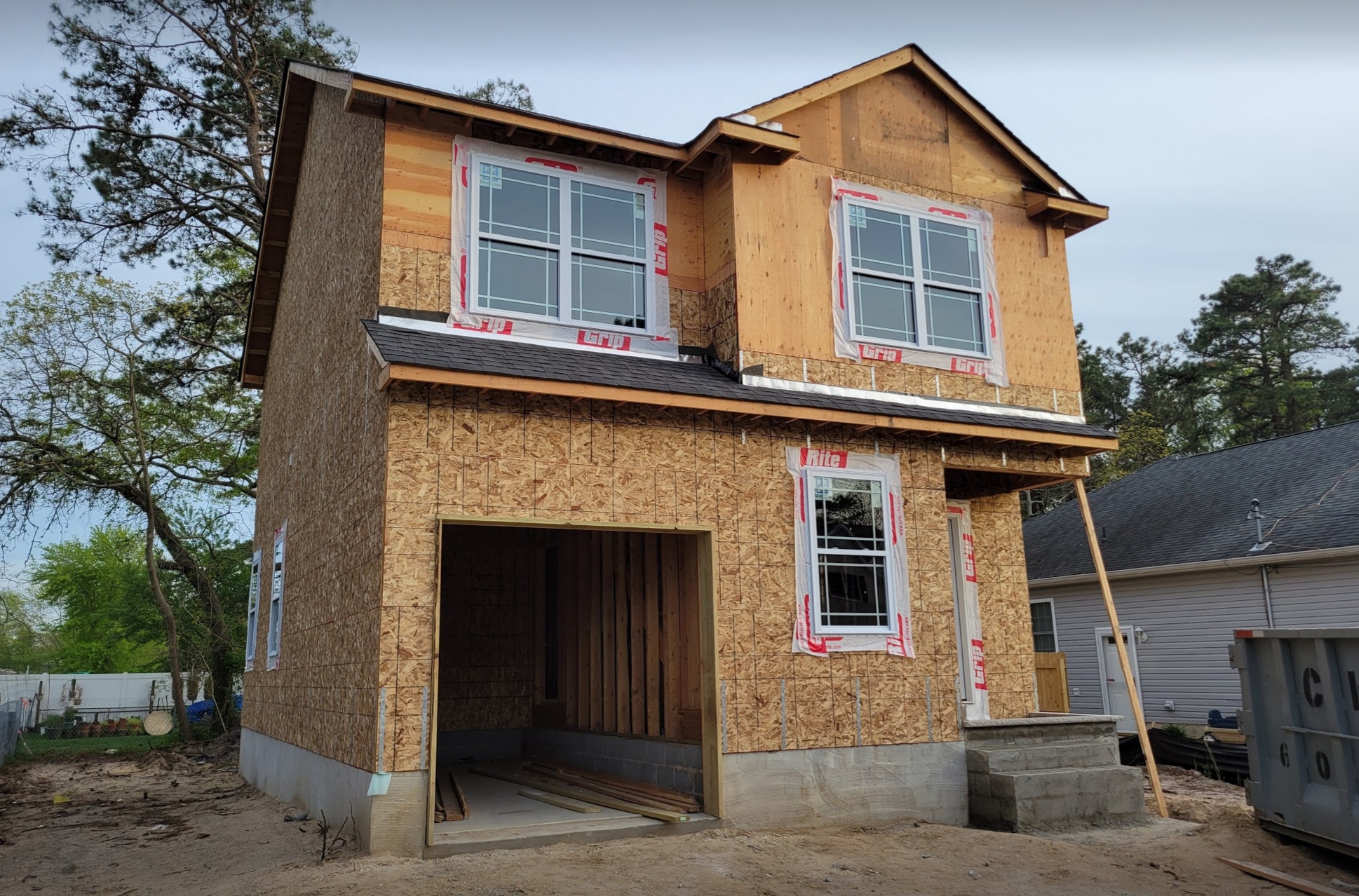When considering the final steps of purchasing a new home, many of our clients express curiosity about what to expect when closing on a new construction home, especially regarding the documents and processes involved. We often guide them through the construction process, the significance of the final walk-through, and the coordination with their real estate agent to ensure everything aligns with the purchase agreement.
It’s crucial to understand what is required from you as a buyer, including which documents to bring and the role of your mortgage lender in finalizing the purchase. Our expertise in these matters helps prepare our clients for a smooth transition to homeownership.
On closing day, buyers should bring their driver’s license, a copy of the purchase agreement, proof of insurance, and any documents requested by their mortgage lender or real estate agent. The closing location will be specified, where the final documentation is signed, and the purchase price is settled.

The closing process, also known as settlement or escrow, involves the buyer and seller. It is an essential process when you purchase a newly constructed home. In today’s article, we will discuss some important things you need to know before closing on a new construction home.
Develop a Solid Plan
Closing on a new construction home requires careful planning and preparation. The closing process occurs two months after the contractor installs your countertops. However, it also depends on your home size and the surrounding community. Your home consultant will schedule the closing date and provide you with detail on the walkthrough.
We recommend checking with your lender if you want to finance your home, especially after you receive the closing schedule. The purpose is to ensure the bank or lending company receives enough information or documents to process the loan.
Remember, it is essential to perform an appraisal for the type of arranged financing. At the same time, you need to make efforts to secure your homeowner’s insurance policy. Consult your insurance agent to help you throughout the process.
Check the Details One Month before Closing
Checking the details 30 days before the closing process can help you avoid complications. Keep an eye on your email inbox for a confirmation letter that includes essential information on the title company to carry out the closing process.
Because a title company requires funds 24 hours before the closing process, the staff will send you an email with all the wiring instructions. The letter will also include a list of utilities, and you can also set up or transfer these services to your new construction home.

Schedule Third-Party Inspection
A new home contract consists of general conditions addendum with a home inspection option. You can hire a licensed, experienced, and skilled property inspector to inspect your new construction home before closing.
Bear in mind that you will have to pay for the third-party inspection because the builder does not schedule it. Therefore, contact a home inspector to get information on the home inspection process. You can also talk to the builder about details on scheduling the inspection. Continue reading!
Analyze the Closing Disclosure
Analyzing and reviewing the closing disclosure is necessary when you plan to buy a new construction home with a mortgage loan. Contact your bank, lending company, or creditor to provide you with all the necessary documentation.
On the other hand, if you want to purchase the home by paying cash, ask the title company to provide you with the disclosure. The closing disclosure is an important document that highlights the down payment, the money you have already paid, and the closing costs.
Make sure you compare fees mentioned in the closing disclosure and analyze the loan you received from the bank or lending company. The purpose is to avoid complications, discrepancies, and correct errors before the closing process completes.
Decide on the Payment Method
The law prohibits buyers from using personal checks for new construction home closing. Therefore, you have to decide the payment method. For instance, you can use the wire transfer method or bank cashier’s check.
It is crucial to make arrangements a few days before the closing process if you want to use the wire transfer option. Work with your bank and the title company to make preparations before the closing process.
On the other hand, if you want to use the cashier’s check option, work with your bank to make arrangements. You can request your bank to provide you with the cashier’s check. Make sure you check the amount mentioned in the closing disclosure.
Final Thoughts On What To Know When Closing On A New Construction Home in New Jersey
Many people find it challenging to streamline the closing process on a new construction home. However, if you make a solid plan, prepare well, and follow a step-by-step approach, you can achieve your goals. We recommend consulting a qualified professional or company to know all the necessary information and prepare yourself for the closing process.
Get Your New Construction Custom Home In New Jersey From MSC Enterprises, LLC
Call 732-905-0005 or Contact Us To Get Started
Frequently Asked Questions
Q: When do you close on a new construction home?
A: Any new construction closing timeline varies significantly depending on factors such as the project’s scale, customization level, location, and the efficiency of contractors and suppliers involved. Typically, from the moment you sign the purchase agreement to the day you get the keys, the process can span several months. During this period, buyers should stay in constant communication with their builders and real estate agents to monitor progress and address any potential delays promptly.
Q: Who sets closing date on new construction?
A: The closing date on new construction is primarily determined by the builder and the buyer, in coordination with their respective legal and financial representatives. This date is set once the construction is near completion, ensuring all necessary inspections and certifications are in place. It’s also influenced by the mortgage lender’s readiness to fund the purchase, aligning with the terms outlined in the purchase agreement. Buyers should be prepared to flexibly adjust to this timeframe, as construction timelines can shift due to various factors such as weather, supply chain issues, or labor availability.
Q: How long after closing can you move in new construction?
A: Typically, after closing on a new construction home, you can move in immediately. The closing process marks the final step of the home buying journey, transferring ownership from the builder to the buyer. This means once all the paperwork is signed, and the payment has been processed during the closing meeting, the keys are handed over, allowing you to move into your new home right away. It’s crucial, however, to confirm any specific arrangements or requirements with your builder before the closing date to ensure a smooth transition into your new residence.


